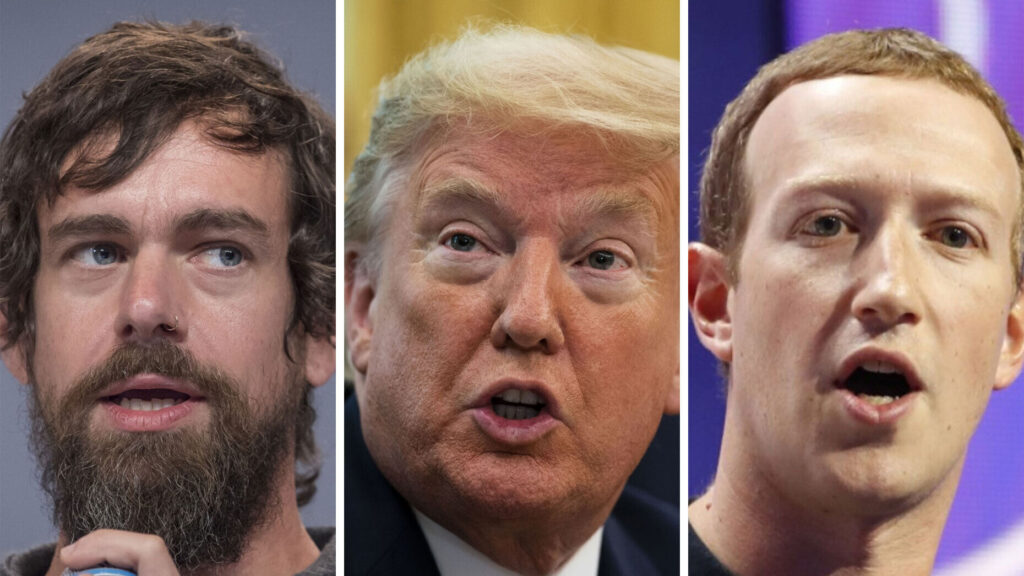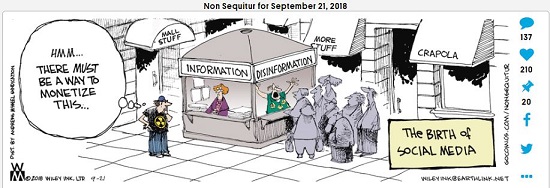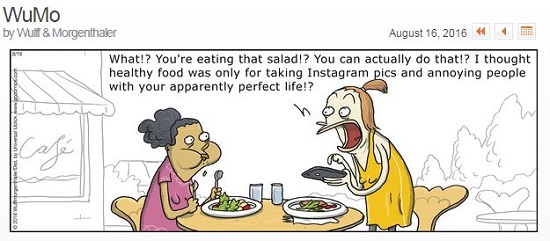
It seems to us that the POTUS (the President of the United States) should be dealing with the affairs of the state rather than lobbing bombs of various sizes at social media, especially these days. Twitter was historically benefitted because Trump used it so frequently and thus publicized it. But social media is now lobbing their own bombs. Starting on Memorial Day (May 25), instead of inspiring unity, Twitter applied a fact-checking notice to Trump’s tweets on the subject of voter fraud, non-usage of masks, and other issues. Meanwhile, Facebook CEO Mark Zuckerberg refused to take Trump to task, causing a bunch of Facebook employees to use Twitter to voice their objection. Some of Facebook’s larger advertisers, North Face and Patagonia in particular hit him where it hurts.



